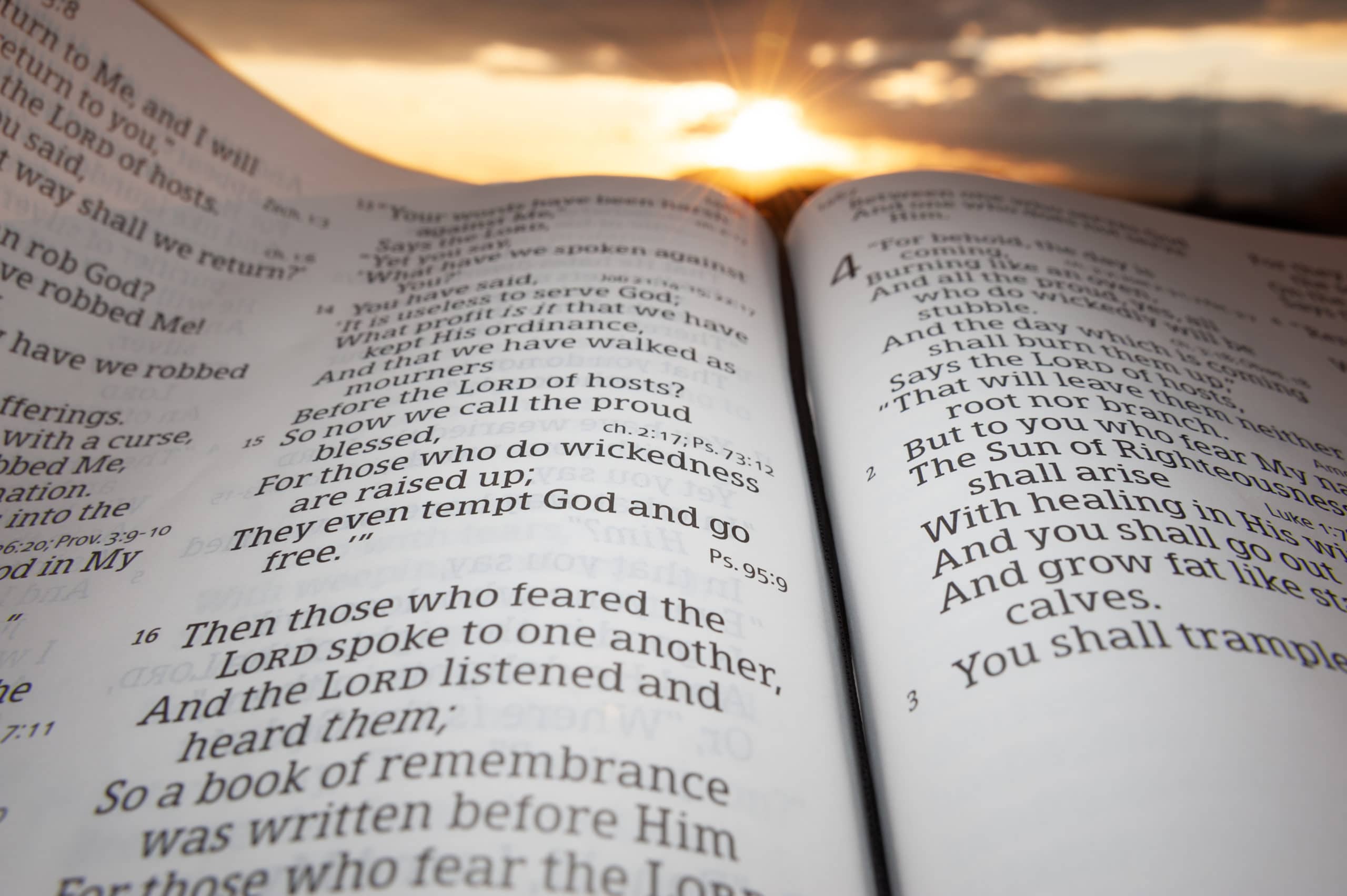How can we interpret and understand prophecy?

How do we determine to what or to whom a passage of prophecy refers, since the passage is often taken out of context? For example, how do we know that the “root [branch] of Jesse” refers to Jesus (Isaiah 11:1) and that Isaiah 9:8 is also talking about Jesus?
There are over 300 Old Testament prophecies about Messiah that were fulfilled by the life of Jesus. The predictions and fore-gleams of His coming constitute the Messianic strain of the Old Testament. These predictions begin with a vague hint in Genesis 3:15 where God tells the serpent (Satan) that Eve’s seed will bruise his head.
The prophecies become more specific and definite so that by the time we reach the end of the Old Testament the entire story of Christ has been prewritten and prefigured in language and symbol, which, taken as a whole, cannot refer to any other person in history.
For example, in Isaiah 4:2-6 Messiah is represented as a Branch growing up out of the stump of the family tree of David, becoming a guide and refuge for his people. The future reign of the Branch is explained further in Isaiah 11:1-10 where we are given a magnificent description of universal peace and harmony in Messiah’s kingdom.
Such an idyllic picture could refer only to a kingdom ruled from heaven above. Isaiah 7:13-14 tells us that a virgin shall conceive, bear a son and call his name Immanuel. Thus, this virgin birth, foretold and quoted in Matthew 1:23, is referring to Jesus. Isaiah 9:6-7 tells us about Jesus, born as a child, who will be the future and everlasting ruler throughout the earth and be called “Wonderful Counselor, Mighty God, Everlasting Father, Prince of Peace.”
Verse 7 tells us, “Of the increase of his government and peace there will be no end. He will reign on David’s throne and over his kingdom establishing and upholding it with justice and righteousness from that time on and forever. The zeal of the LORD Almighty will accomplish this.”
From these scriptures alone there is no doubt in our minds that “the Branch of Jesse” refers to Jesus and not another person.
Does Isaiah 9:8 talk about Jesus? Isaiah, in chapter 9:8 to the end of chapter 10, tells of future judgments against Israel and Assyria. These judgments often have double applications. Some had immediate fulfillment, while others, particularly those mentioned in Isaiah 10:20- 34 refer to a future time at the end of this age.
To answer a broader question as to how we may interpret prophecy in general, we would encourage you to examine the scriptural context of the passage in question. Then look for symbolic words.
For example, mountains refer to kingdoms or nations (Isaiah 2:2-4), while the sea is usually a symbol for the restless masses of society (Isaiah 57:20). Water is a symbol for truth (John 4:14), while waters can refer to afflictions, multitudes, or ordinances (Psalm 69:1).
Lastly, when analyzing Old Testament prophecies, look for their fulfillment in the New Testament. Jesus or the Apostles often quote these prophecies and explain their greater significance.
To learn more about how to interpret prophecy listen to, “Is the Bible Literal or Symbolic?”






